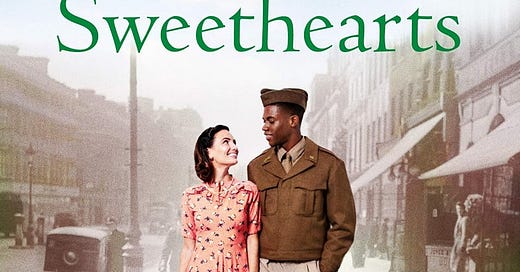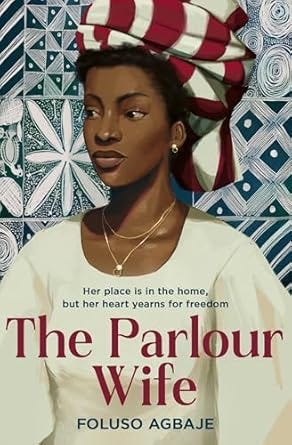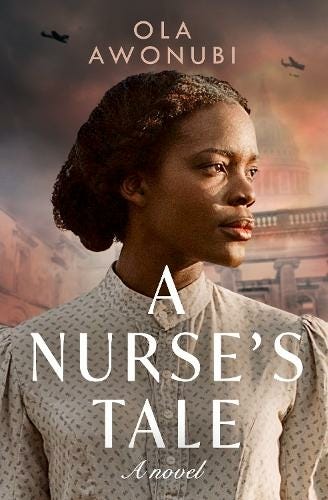Black and Asian Voices in WWII Historical Fiction
The Forgotten faces and voices.
World War II is one of the most extensively documented periods in history, yet the stories that dominate historical fiction often centre on European and American perspectives. The experiences of Black and Asian individuals—whether as soldiers, nurses, resistance fighters, or civilians—are frequently overlooked, buried beneath the grand narratives of Western heroism.
Why Do We Know So Little About Them?
The invisibility of Black and Asian voices in WWII fiction is not due to a lack of compelling stories—it’s a reflection of who gets to shape history. For decades, mainstream publishing has favoured narratives that align with dominant perspectives, reinforcing the idea that WWII was primarily a Western conflict. Yet, millions of African, Caribbean, and Asian soldiers fought in the war, and countless civilians endured its consequences.
African soldiers from British colonies fought in Burma, North Africa, and Europe, often receiving little recognition. During World War II, Nigerian soldiers played a crucial role in the Burma campaign, fighting as part of the British Army’s 81st and 82nd West African Divisions. Over 45,000 Nigerian troops served in the British Armed Forces, with many deployed to South-East Asia, where they fought against Japanese forces in the dense jungles of Burma. I haven’t read any novel where they make up the heroes. They seem to have been consigned to the margins of history as if they never existed.
Indian troops made up one of the largest volunteer armies in history, yet their contributions are rarely explored in fiction. India played a pivotal role in World War II, contributing over 2.5 million soldiers, making it the largest volunteer army in history at the time. Indian troops fought in North Africa, Europe, Southeast Asia, and Burma, supporting the Allied forces against the Axis powers
Black nurses and doctors served in military hospitals, providing critical care while facing racial discrimination.
Reclaiming Lost Stories Through Historical Fiction
Historical fiction has the power to restore erased voices, bringing to life the experiences of those who have been side-lined by traditional narratives. That’s why I write historical fiction—not just for the love of storytelling, but to give space to the voices that history has overlooked. Like many children I had to research to find out more about the history of not just my heroes but of everyday men and women who had had come over here to start a new life, despite the many challenges that lay before them. My parents told me stories and more stories are being formed every day as todays future generation absorb the stories we share with them.
If you love untold historical narratives, check out these authors:
Lola Jaye – Wartime Sweethearts (WWII)
Andrea Levy – Small Island (WWII)
Foluso Agbaje – The Parlour Wife (WWII)
Neema Shah – A Thread of Light (WWII) Coming July 2025 from Picador
Ola Awonubi – A Nurse’s Tale (WWII)
By reading and supporting works like these, we help ensure that history is told in its entirety.
Ola Awonubi is a historical fiction author whose storytelling bridges heritage, resilience, and forgotten voices. Through meticulous research and vivid prose, she brings underrepresented histories to life, offering compelling narratives that delve into the complexities of identity, migration, and survival. Her historical novel A Nurse’s Tale captures the challenges faced by Black women navigating British society, highlighting their contributions and struggles in healthcare and beyond. Drawing from her rich cultural background and extensive writing experience, Ola crafts immersive stories that honour the past while speaking to the present.








World War 2 is a fascinating period of history. Its a shame that we don't see as many black / Asian stories from this period but am glad its growing (with books like yours, Ola).